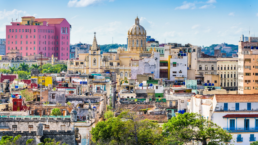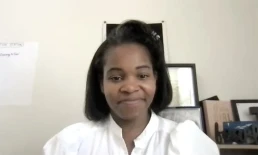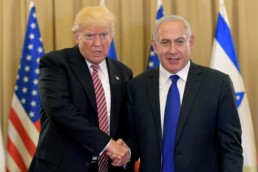The Cuba part of U.S. foreign policy is regularly farmed out to the population sector with the most to lose or gain. That approach is dysfunctional, irrational, and unfair.
By W.T. Whitney, CounterPunch
Although Cuba’s Revolution survived military invasion, guerrilla actions, terrorist attacks, and bacteriologic warfare, enough was not enough. Now there are pay-offs to dissidents, manipulation of worldwide media coverage, and weaponization of social media capabilities. The U.S. economic and financial blockade persists, after 60 years, and will continue.

That’s mostly because power to end the blockade switched from the executive branch to Congress, courtesy of the Helms Burton Law of 1996. Now the House of Representatives will be considering a bill that, similarly, would have Congress and no longer the president decide on removing Cuba from the U.S. list of terrorism-sponsoring nations.
Miami representative María Elvira Salazar introduced H.R. 314, the so-called FORCE Act, on January 12,2023. Its aim is “To prohibit the removal of Cuba from the list of state sponsors of terrorism until Cuba satisfies certain conditions, and for other purposes.”
Senator Marco Rubio introduced a companion bill in the U.S. Senate on March 16. The House bill has 24 co-sponsors; five are Floridians. The House Foreign Affairs Committee sent the bill to the House floor on March 28.
Recent Posts
Talk World Radio: India Walton On Zohran Mamdani And Freezing Out ICE
July 7, 2025
Take Action Now India Walton, former Democrat nominee for mayor of Buffalo, NY, discusses Zohran Mamdani and the race for NYC mayor and how to deal…
How Climate Change Is Worsening Flooding And Heavy Rainfall
July 7, 2025
Take Action Now The latest science on the link between climate change and natural disasters — and how they may be playing out where you live.By…
In Netanyahu’s Visit, Genocide Made Invisible
July 7, 2025
Take Action Now The U.S.’s embrace of Benjamin Netanyahu on this visit amounts to a full endorsement of his genocidal policies.By Norman…
Israel Continues To Starve, Target Gaza Civilians In Ongoing Genocide
July 6, 2025
Take Action Now Israeli commanders continue deliberately to starve the civilian population, continuing in some form a blockade on staples they began…




